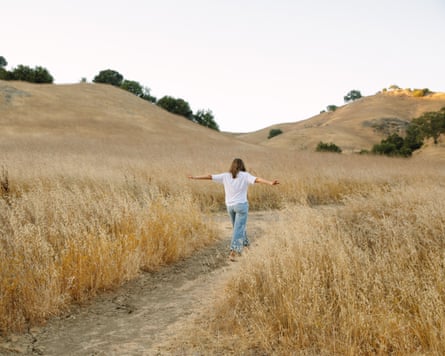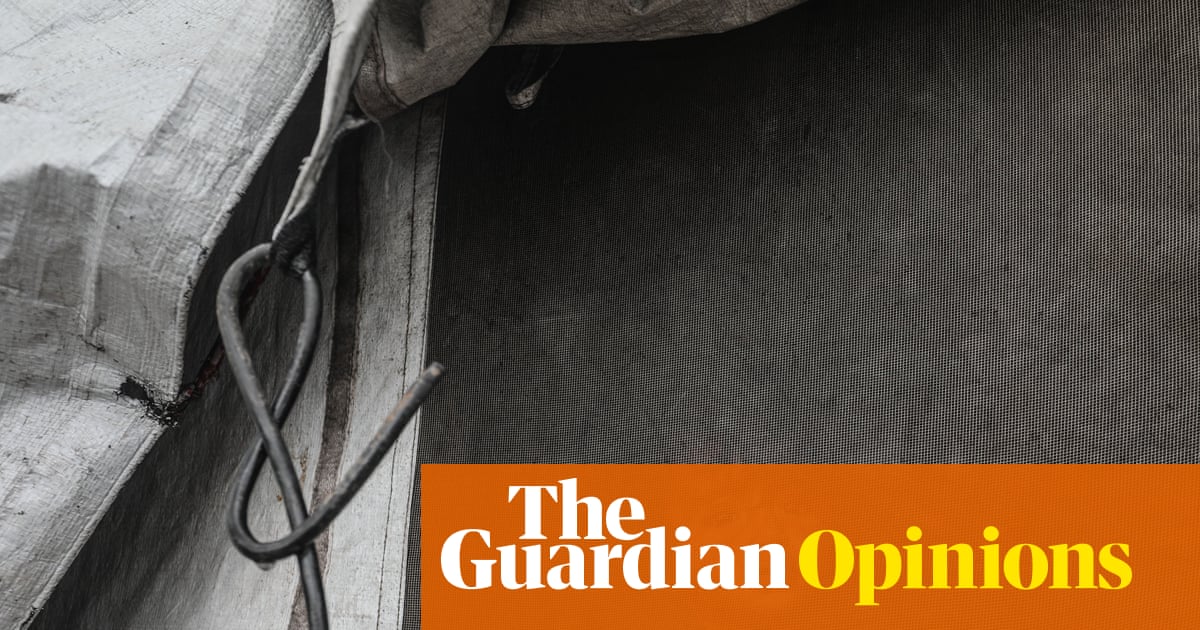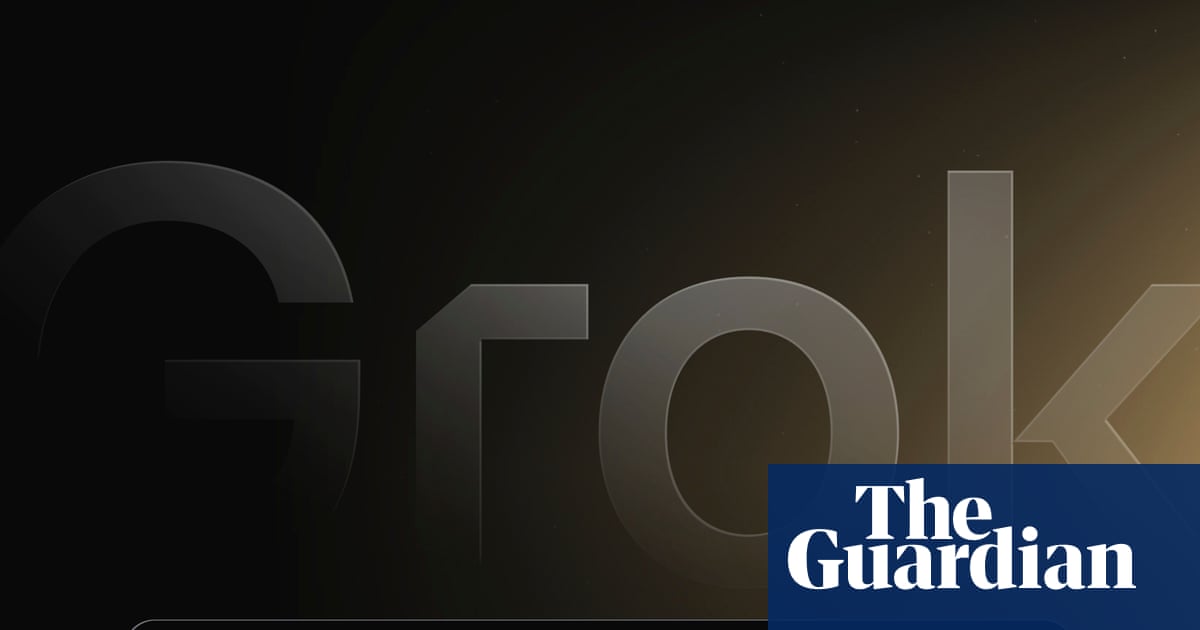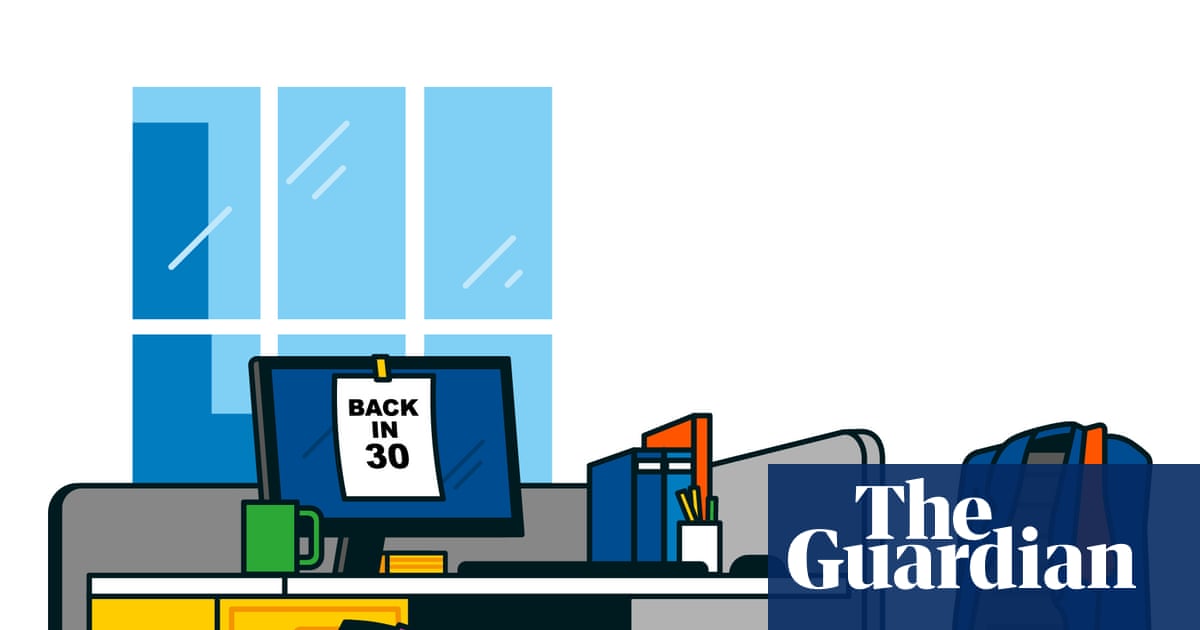Zelana Montminy once had a client who, when he finally looked up from his phone, found love. He was so absorbed in – or distracted by – his work that in his sessions with Montminy, he would often stop talking mid-sentence to check his phone. Montminy asked him to walk outside with her, and to put his phone in his pocket. His eyes darted around uneasily at the people on the busy sidewalk “as if he wasn’t sure what to make of the world”. But after this, while he waited at a crossing one morning, he said hello to the woman beside him. “Finally,” the woman said. “I’ve stood in this spot for two months and you’ve never looked up.”
The anecdote serves Montminy’s purpose so well. She could have made it up, but she insists that not only did it happen, but her client and his fellow pedestrian went on to marry. Montminy is a behavioural scientist, author and speaker, whose recent corporate clients include American Express, Coca-Cola and Estée Lauder and whose portfolio of voluntary positions includes the Los Angeles Advisory Council of Common Sense Media. You don’t have to look further than the title of her new book to find the moral of this story: Finding Focus – Own Your Attention in an Age of Distraction.
The contention that underpins the book is that “our most valuable resource isn’t time. It’s attention” – if only we could take back control of where we place it. Montminy saw this in herself while researching the book, swapping in and out of the “many, many hats” of her own working week.
“We are in a crisis of distraction,” she says. “We are constantly task-switching. Our attention has been hijacked in so many ways. And no matter how many hacks we’re doing, we are exhausted. But it’s not from doing too much. It’s from being everywhere and nowhere all at the same time.”

We are talking on a video call. Montminy, who has three children, a labradoodle, and plenty of opportunity to test out her thoughts about task-switching in the laboratory of daily life, is parked at a mall in west Los Angeles, between an appointment and a meeting. She was at an event last night, then up at 6.20 this morning, and her youngest daughter did not want to leave the house for kindergarten, but Montminy looks fresh-faced rather than frazzled.
The car is an apt setting, because Montminy was driving when she got the idea for the book – or realised that the book was personally necessary. She had stopped at a red light. “And I reached to look at my phone. It was a very busy work day and I yet again was trying to take on too much.” She was just congratulating herself on managing to send an email in this sliver of time when she became aware of her son calling from the back seat. “Mom! Mom! I’m talking to you!”
She hadn’t heard a word he had said. “And I had this total epiphany. I thought: ‘I’m doing the very thing that I always say not to do, and that I don’t ever want [my children] to do.’”
Focus is a crowded field in publishing, so where does Montminy’s book, which Malcolm Gladwell’s book club has picked as a must-read, fit? She mentions Mihaly Csikszentmihalyi’s concept of flow and the work of Sherry Turkle on the impact of digital distractions on relationships. Cal Newport advocates distraction-free focus in Deep Work – but, Montminy says: “It still broaches the productivity lane … I did not want to write another book about productivity.”
In fact, she thinks we have been getting focus all wrong. “Most people think of focus as something we have to do to get things done.” But this makes it all about output. “We have to think about it very differently. Focus,” she says, “is an act of emotional resilience. How do we claim our clarity and presence in a world that commodifies our attention? How do we decide what matters and then protect it?”
What Montminy realised, in the car with her son, was that she had fallen into a familiar trap. “I was wearing productivity as a badge of honour.”
She has always been good at multitasking. And looking at success in terms of outputs and rewards is “just culturally how I was raised”, she says. “My parents and my sister were born in the Soviet Union [in Moldova] and immigrated [to the US] in the 70s. I’m first generation. And with that comes expectation, adjustment.”
What’s different now is that “in this time that we’re in culturally, everyone has normalised burnout in a way that I think is really dangerous”. We kid ourselves that we are resting when really we are merely distracted. “A distraction is something you do to escape the present moment. Resting is a return to presence. Both involve stepping away – but only one of them is restorative.”

While her previous book, 21 Days to Resilience, offered something of a quick fix, Finding Focus is a guidebook to meaningful and lasting change. Montminy herself has transformed the way she lives, and over the past few years has disavowed multitasking and no longer believes in what she calls “the myth of balance”. Rather, she says, there are “seasons”, in which different elements of life – family, work, voluntary roles – require more attention. She normally lives in the affluent Pacific Palisades suburb of Los Angeles, and is quick to point out that she is able to “outsource … accepting help with household cleaning, occasional childcare, and sometimes driving. I used to want to do it all, to be everything to everyone. But that was draining and unsustainable, and it left me scattered instead of present. I’ve had to learn to accept help from family, friends and others, and I don’t want to pretend it’s all me because that only reinforces, especially for women, the false idea that we should shoulder every layer of household and family life alone.”
I can’t help noticing that Montminy’s gaze keeps lowering to the passenger seat beside her while she talks. Is she multitasking?
“So you saw my attention go? For a moment, right?” she says. There are ants in the car! And while technically they require Montminy to multitask, the ants are a low cognitive demand, and actually, a “glimmer” – a little bit of connection and joy in the day, while she sits there musing. “What a funny life to live in a car. I have trained myself to hold on to those moments,” she says. “How do we build out a tiny, tiny stitch of time within whatever we’re doing to feel that?”
The smallness of that “tiny stitch of time” sounds poignant, but Montminy says: “This is why I’m so passionate about focus and attention, because when we notice the small stuff, when we’re focused enough to attune to those moments, that is what makes up a life.”
After she had finished writing the book, but before it was due to be published, Montminy’s cherished paths, routines and community were subject to a horribly literal burnout: the Palisades wildfire earlier this year. Thirty-one people died and “there was a colossal loss of infrastructure. The whole community was levelled. My children’s schools, dance studios, dentists, every single sidewalk that they walked and loved.”
Montminy’s house was left standing – but everything inside was ruined. Like many others, she and her husband, an investment banker, and their children, are now staying in another part of the city, though they hope to return in a few months. “We lost not just the physical community, but the community itself,” she says. “I wake up some mornings and think it’s all still a dream.”
Montminy delayed publication, and while she didn’t rewrite Finding Focus, she felt herself, in the aftermath of the fire, rewritten by it – “rearranged by grief”.
“We’re grieving every day as human beings. We grieve ideas of what we thought would happen. We grieve a simpler life. We grieve expectations. We grieve for people and relationships that don’t show up in the way we wanted. We push all that grief down and away. We don’t want to deal with it. And so we distract ourselves. It’s our pacifier.”

Montminy has a gift for practicality, for saying things that make perfect sense in a way that makes you happy to believe you were already thinking them. Some of her recommendations – such as time-blocking – are familiar, but her own daily mental health workout, her effort to choose where to focus, has brought a deeper shift, the feeling that she is engaged in “a daily act of defiance”.
It begins when she wakes up and refuses to check her phone first thing – “because that primes your brain for distraction”. She keeps a pad on her desk, “which visually is super-calming”, where she writes anything that comes to mind. “And when I dump it, I can sort of let it go. I clear the mental clutter which frees my working memory for the things I need to get done.”
She creates “micro-pauses” in her day. “Even driving without music for 10 minutes is like a daily meditation.” She has at least one phone-free ritual – no phones at dinner, for instance – and tries “to be in nature for a certain chunk of time every day”.
One of the hardest elements of her mental fitness regime has been “building up my boredom tolerance, trying to let myself be idle without filling the gap”. She has had to start small – looking out of a window for five seconds, then trying to last a bit longer. Think of it as like building your number of reps in the gym. “I might look up from my desk as a break, and just stare and be present with my thoughts. It’s shocking to me how rare that is.”
The aim, she says, is “to arrive every day with more clarity, more agency. If we can sit with those important feelings and work through them, [we can] come out on the other side with growth and learning and strength and resilience.”

 3 months ago
71
3 months ago
71

















































